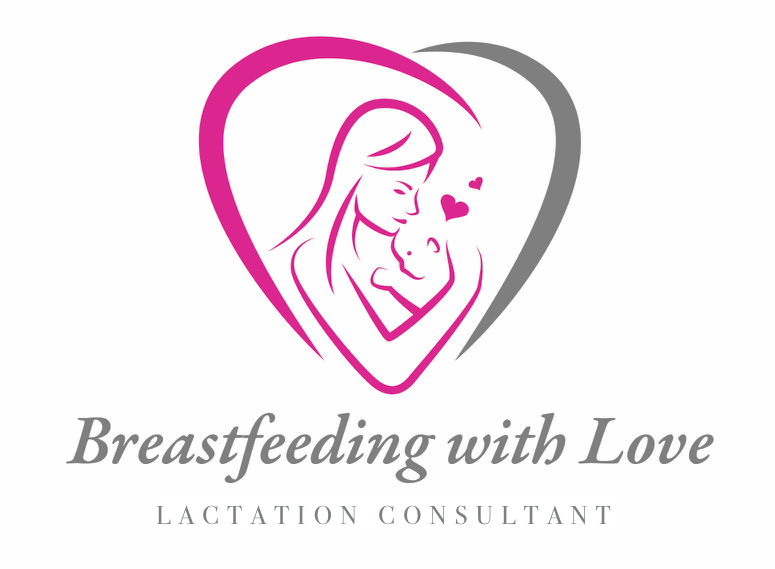Newborn Gluten Intolerance And Breastfeeding
Breastfeeding your baby provides many benefits for a newborn. It protects newborns from many infections and illnesses. In fact, there appears to be a clear link between breastfeeding and reduced incident rates of gluten intolerance. We can go one step further and say breastfeeding may even protect against gluten intolerance or Celiac disease. Gluten Intolerance is a condition where an individual has difficulty digesting gluten. Gluten Intolerance or Celiac disease is an autoimmune disorder.It is a term that describes wheat allergy, non-Celiac gluten sensitivity, and Celiac disease. Gluten is a protein found in foods that contain wheat and related grains. Foods that contain gluten can be found in wheat, rye, barley and some medications and cosmetics. Along with wheat, other cereal grains that contain wheat are durum, spelled, einkorn, farro, graham gamut, and semolina. Gluten is also found in many other food sources like soups, broths, and sauces, salad dressing, ketchup etc... Gluten is a composite formed from several different proteins. Sometimes babies develop intolerance to these proteins.Many moms worry about their babies, especially if family members have a history of gluten intolerance or Celiac disease. It is best to introduce your baby to wheat products between 4-6 months old. There are four main proteins, albumins, glutelins, globulins, and prolamins. Glutelins and prolamins are found in higher concentrations in wheat, while albumins and globulins are more plentiful in rice and corn. These proteins are most directly related to health issues, such as Celiac disease.Eating gluten for these babies is bad because acids in their body do not properly break down glutelins. Being diagnosed with gluten intolerance or Celiac disease means that changes in eating habits and the mom's lifestyle need to be made. The mom needs to adjust her diet accordingly. Babies with this disease, develop sensitivity to gluten. Therefore, a mother has to be careful of what she eats while breastfeeding. Symptoms of sensitivities to foods with gluten for infants include: rashes, hives, asthma, fatigue, acid reflux, digestive problems, spitting up, not gaining enough weight, sore bottom, red eyes, vomiting, ear infection, cold/flu like symptoms, constipation, diarrhea or green, mucous or bloody stools.There are a few reasons why breast milk may help protect the baby who has gluten intolerance. Breast milk passes immunity from the mom to baby, helping have less intestinal infections. Furthermore, it protects the bowel lining, which helps prevent gluten from going deeper into the baby's gut. I have only touched the surface of this subject however, I hope everyone that reads this blog starts to get an understanding of what gluten intolerance and breastfeeding is all about. In conclusion, Gluten is found in many products. Following a good diet requires reading labels.It is best to avoid foods that your baby may be reacting to while breastfeeding. By doing this, you will improve the health of your baby and damage to their body. Consult with your pediatrician and nutritionist when in doubt.

